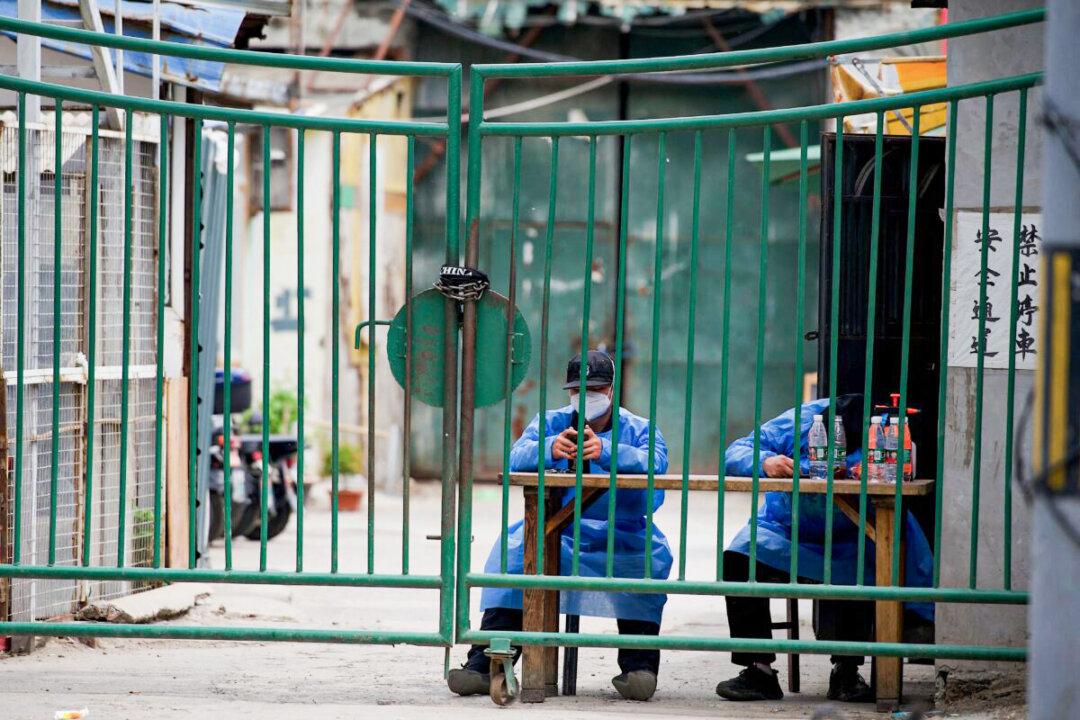Hospitals in the United States are on high alert, with some doctors prioritizing patients in critical condition as the prolonged COVID-19 lockdown in Shanghai has caused a global shortage of chemicals used in medical imaging.
Some of the largest U.S. hospitals said earlier this month they were facing significant shortages of iodinated contrast media products, which are dyes given to patients so that their internal organs and vessels can be picked up by CT scans, X-rays, and radiography.




